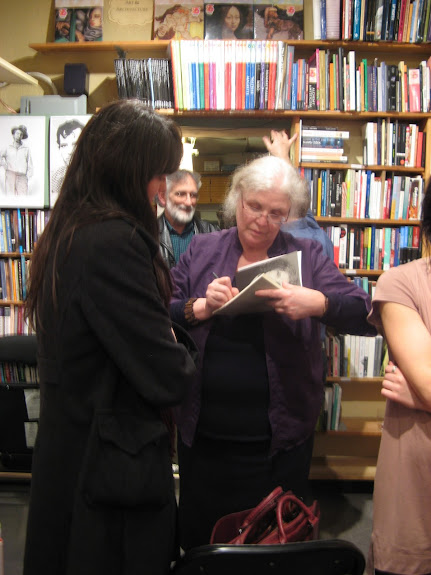Owen Percy reviews Mary Dalton's Hooking—recently shortlisted for the Fred Cogswell Award for Excellence in Poetry—and praises the collection for its "curatorial sublimity":
In the poem “On Silk By Hand” Dalton’s composition boasts that “Not even the pharaohs dug so far / to take you to the city of your ancestors— / I call this my work, these decades and stations.” And indeed it is; when it works, it works in a way that stokes the fires of wonderment and possibility of poetry as a pursuit in the first place.





.JPG)
.JPG)
DSC03552.JPG)
.JPG)








